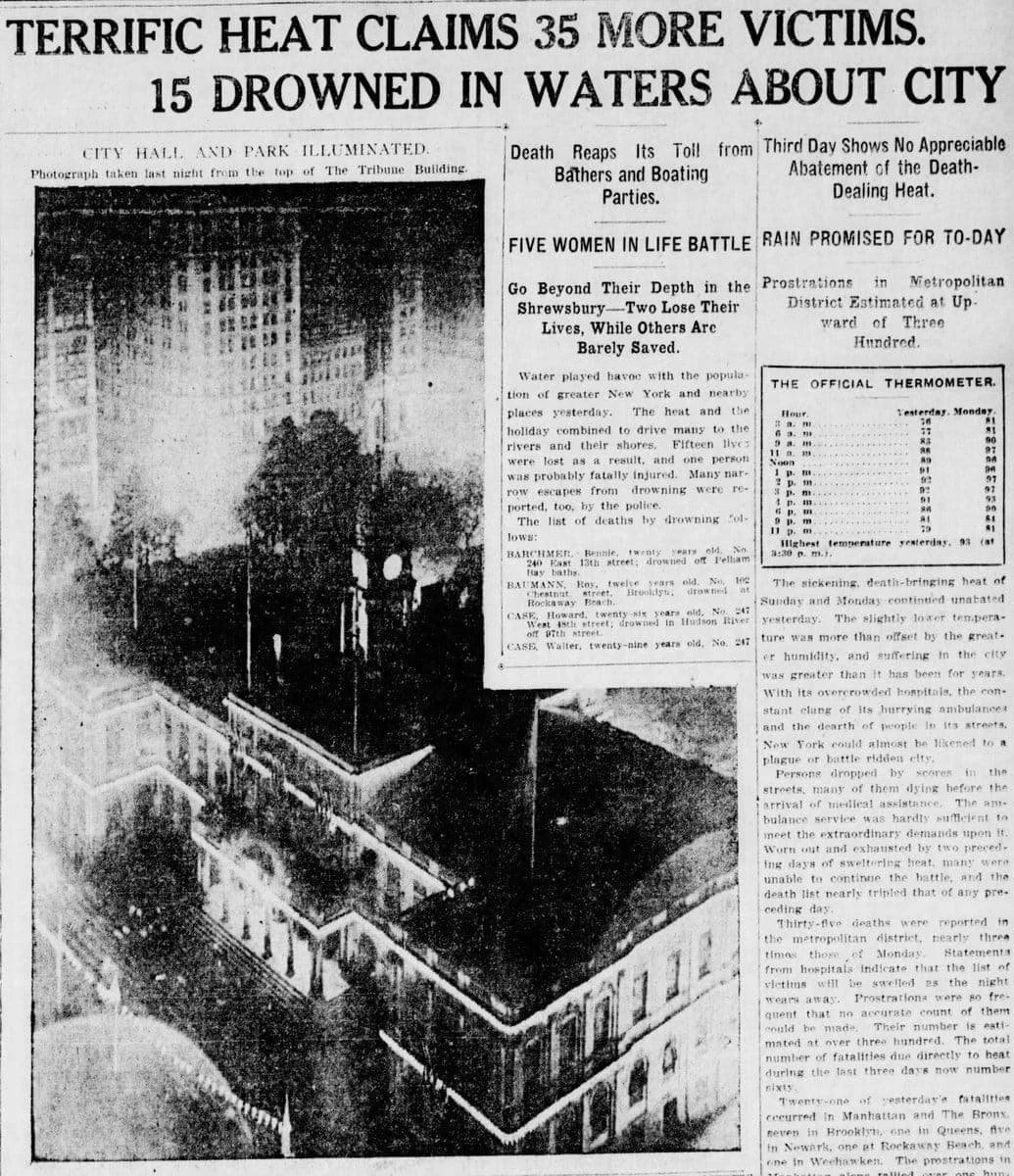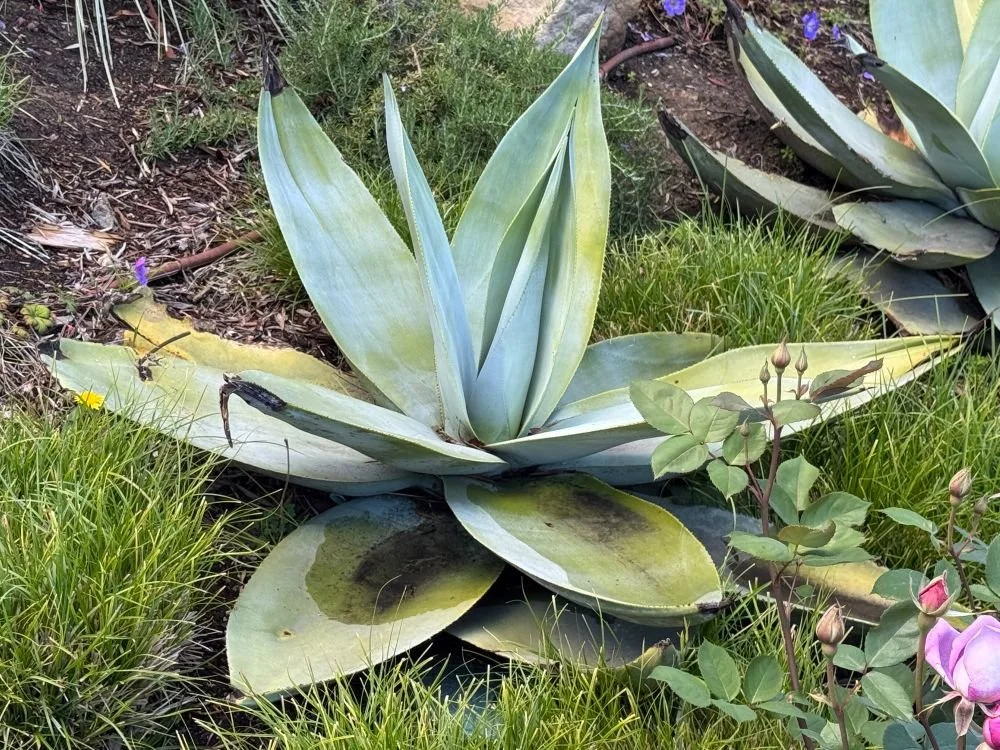
WRITING
“Like the heroine of her timeless novel, Barbara Viniar has meticulously embroidered this story of a talented young woman torn between the tradition she respects and the dreams she can’t deny.”
Little Bird
After an old photograph and newspaper article revealed that my grandmother, Fannie, was married to a cousin at 17 and later divorced, I felt compelled to tell her story. But with only a few dates and names to go on, I had to create the story from my imagination.
It took three years of writing and rewriting, not to mention researching the life of a Jewish immigrant in New York City from 1910 – 1917 to finish Little Bird.
I only hope that my Fannie captures what might have been true about my grandmother. I often feel that telling her story has been a way of discovering my own.
They say writers are either compulsive plotters or “pantsers,” happy to let their stories evolve without a plan. I am somewhere in between. I had a detailed outline when I started, but then characters surprised me. Their voices changed the story.
I am often asked if I have written fiction before. Have I always dreamed of writing a novel? Absolutely not! This passion, this commitment of time and emotional energy to writing a novel has all been new to me. I would sit down at my desk and lose track of time. It still fills me with terror and joy.
“From Feigele to Fannie, a journey across an ocean - and into womanhood.
A rich, heartfelt portrait on one immigrant’s transformation, Little Bird is a stirring tribute to the dreams - and the costs - of becoming American.”
About My Writing Process
Nonets for My Grandmother
My grandmother, Fannie - the inspiration for writing Little Bird.
As I began writing what would become Little Bird, a friend sent me an article about the nonet, a nine line poem that starts with a nine syllable line and decreases one syllable each line until the last line of one syllable (9,8,7,6,5,4,3,2,1). It can also go from one syllable to nine syllables (1,2,3,4,5,6,7,8,9). Two connected nonets can combine the increasing and decreasing lines.
One night when I couldn’t sleep, thinking about my struggle to write about my grandmother, I wrote these two poems:
Home
alone,
savoring
the quiet time
without distraction.
Writing and rewriting
the thousand words due next week,
written from Fannie’s point of view.
Bringing my grandmother’s voice to life.
I am creating your life story.
Whisper your hopes and dreams and fears
and I will listen closely.
Your great-great-grandchildren
will learn about the
woman who grew
strong enough
to be
loved.
Part of me knew I was stalling. Writing the nonets was easier than creating my grandmother’s voice. If only she would whisper to me.
Surprises for an Author
My grandmother wanted to know why I was getting a divorce. “I need more love,” I told her.
“What’s love got to do with it?” she asked.
I knew she must be talking about herself, but I had no idea how to ask her. I was 30 years old and had fond memories of my grandmother doting on me, but none of them involved either of us revealing anything personal.
I remembered how on those occasions when I got to stay overnight without my younger brothers, she made me feel like a princess. I dressed up in her long silk robe. I sat at her dressing table and played with her elegant hairbrushes. There was scented soap in the bathtub. (You’ll find variations of these memories in Little Bird.) I felt pampered and loved.
Now I felt sad. My grandparents had been married over 60 years, and I had assumed they loved each other. No, I hadn’t assumed. It never even occurred to me to think about it. Now I wondered, were they ever in love? Had their love just faded? But the moment to ask her had passed.
When I started writing Little Bird, I had planned for Fannie to marry for convenience, for companionship. She wanted a home and children before she was too old. But when she met Jacob, he turned out to be handsome and charming. Spoiler alert: they fall in love. It’s one of the strange things about writing a novel; the characters have plans of their own!
What Research Reveals
Little Bird takes place in New York city from 1910-1917. The seasons of the year are particularly important for the holidays that fall within them; summer breezes, autumn leaves, winter cold and spring buds often set the stage. To make sure that when I wrote “a lovely spring day” there wasn’t a surprise late snow that year, I researched the weather.
It was through this research that, much to my surprise, I discovered there had been a deadly heat wave in July 1911.
It began on July 4th. and didn’t end until July 15th. Temperatures reached as high as 106° F. Immigrants crowded into airless tenements died by the hundreds; some reports said thousands. Babies were especially vulnerable.
It was before air conditioning. Electric fans were invented in the 1880’s (more research) but didn’t become widely available until the 1920’s.
The city opened fire hydrants. People mobbed the beaches and parks. Some even jumped into the rivers. Factories closed.
The first thing I thought about when I read this was climate change, and the extended heat waves and droughts that have become the norm. But for Little Bird, it provided an accurate historical context for behaviors that revealed more about my characters.
“It’s not you, it’s me…”
As anyone who has been the recipient of the classic breakup line “It’s not you, it’s me” knows, it doesn’t help. Rejection is rejection.
And that’s how I was feeling at the Boston Book Fair when I watched someone pick up my book (no doubt enticed by Alicia Feltman’s brilliant cover), read the description and my bio, and maybe even the first page, and then put it back down. Sometimes they bought another book, sometimes they walked away empty-handed, but either way I felt personally rejected. That was the book I poured my heart into, not to mention three years of my life. Why didn’t they want it?
I know this feeling isn’t rational, but writing a book is a leap of faith and putting it out into the word makes an author vulnerable. A recent thread on the Authors Guild Members Community focused on anonymous one-star reviews. You know, the ones that seem to outweigh all the beautifully written five-star reviews. “Ignore it,” advised one experienced author. But someone not only didn’t love me love my book, they told the world about it! It’s painful.
I was a college president. I had harsh letters to the editor written about me. You’d think I would have developed thicker skin. And perhaps I have, since I’m working on my second book.
“Barbara Viniar’s writing is wonderfully visual. I felt as if I were entering a time capsule each time I opened a chapter - and they all felt so real.”
For more essays about my writing, go to barbaraviniar.substack.com
See https://booksbywomen.org/inspired-by-not-about/ for a description of how my perceptions of my characters changed.
Blog Posts
When I started blogging, my goal was to offer leadership lessons in conjunction with my former consulting company, Rise Up Leadership Coaching. Over time, I began sharing reflections on topics ranging from women, spirituality, and family, to why and how I write, an approach I found more satisfying. My weekly posts were inspired by books, articles, poems, and movies. They were often reactions to the news. Some were reflections on intricate ice patterns along the shore, or new buds on my orchid. I hope you’ll enjoy this retrospective sample of what was on my mind from 2017-2023.
Poems
Whipped off their branches
Scattered by a passing storm
Tears mix with raindrops
Repeating gossip
From passersby on the street
Endlessly squawking
Rainwater collects
Cupped in a succulent leaf
Waiting for the sun
I don’t often see
The sun rise, the sky on fire
Brighter than my dreams
A fortress of sand
Rises high above the path
Beyond is the sea
Their love forbidden
Two stones for eternity
The young are warned
Poised to take flight for
destinations still unknown
searching for new dreams






































